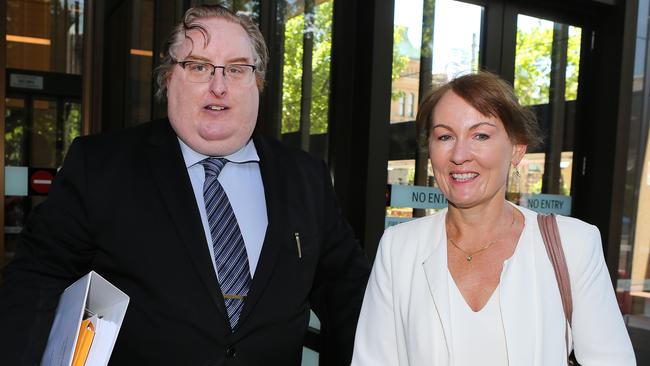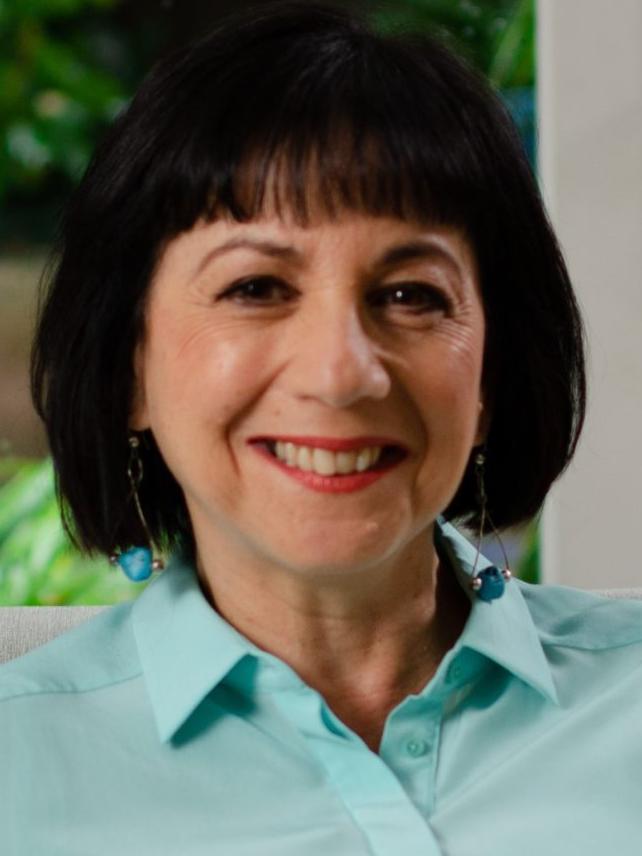Ex-UTS professor Diane Jolley stops police reading her psychologist’s notes
A former UTS professor accused of staging a fake harassment campaign against herself has recorded a major win against NSW Police.
Police & Courts
Don't miss out on the headlines from Police & Courts. Followed categories will be added to My News.
- Ex-UTS professor fights to keep cops from psychologist’s notes
- Academic behind bars after alleged false report
A former university dean accused of orchestrating an harassment campaign against herself has won her bid to stop police accessing her psychologist’s notes, in what her lawyer says is a landmark NSW decision.
Dianne Jolley’s lawyer told The Daily Telegraph on Friday the “frightening” case has blown a whistle on the enormous powers police have to secretly access people’s private medical information.
The University of Technology’s former dean of science is accused of sending herself threatening letters, causing the institution to fork out $150,000 to protect her.

This included paying for security cameras and a security guard to patrol her home.
The professor told police the abuse began after she cancelled a controversial traditional Chinese medicine course. But, police arrested Jolley in November, 2019, alleging she was behind the threats.
A month later, NSW Police Senior Constable Brendan Rawling ordered Ms Jolley’s psychologist Amanda Gordon, from Armchair Psychology in Edgecliff, to hand over her notes - which she did.

Justice Natalie Adams told the Supreme Court appeal hearing on Friday an error had been made by Local Court Magistrate Jennifer Giles in July, when she granted police access to the material.
Jolley’s lawyer Aaron Kernaghan told the Telegraph outside the court on Friday he and his client were not told police had received the confidential notes.
“It’s a landmark case because it identifies for the first time clearly what the court needs to do to protect the confidentiality of patients’ notes,” Mr Kernaghan said.
He only became aware of the hearing for police to access the material by chance when searching his client’s name in an online court database.
“The police can duck and weave in and out of court and you could never know about it ever,” Mr Kernaghan said.
Download our app and stay up to date anywhere, anytime
“I am shocked as a lawyer who has been doing this for 20 years to discover there are criminal proceedings going on in our courts that the defendants aren‘t aware of and their lawyers aren’t aware of.
“That’s the sort of thing you might expect in a country that is undemocratic.
“It’s a terrifying prospect for everyone. It’s a judgment that should be a warning to psychologists everywhere. You can not just waive your client’s privileges and their privacy.”
Ms Jolley’s trial is due to start in October next year.

